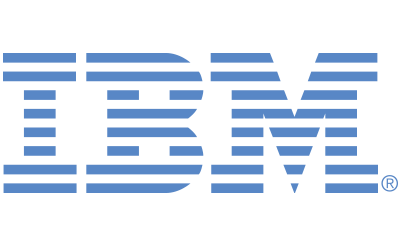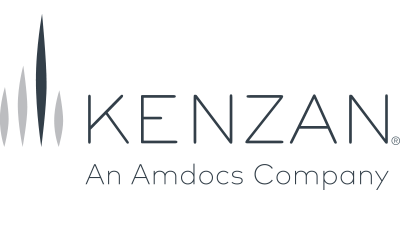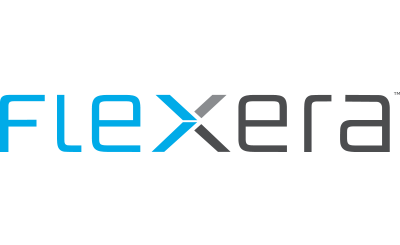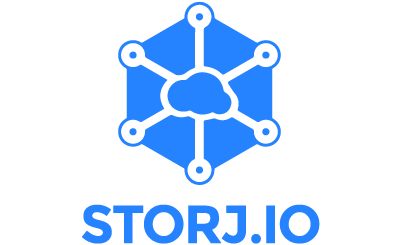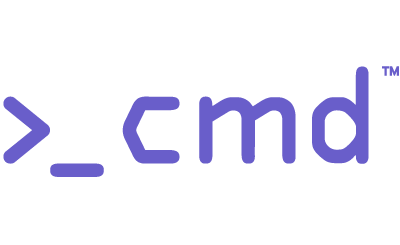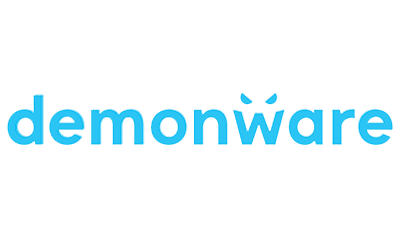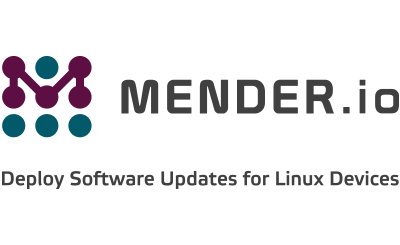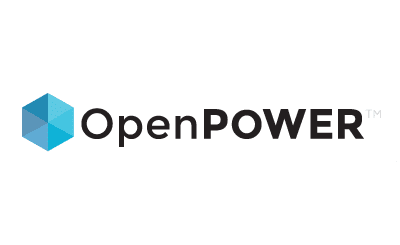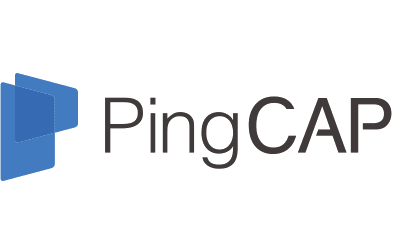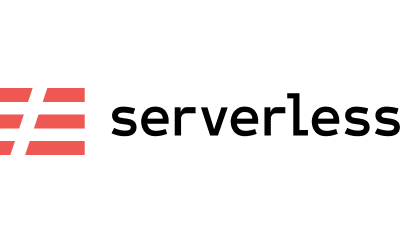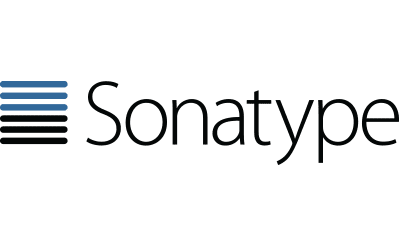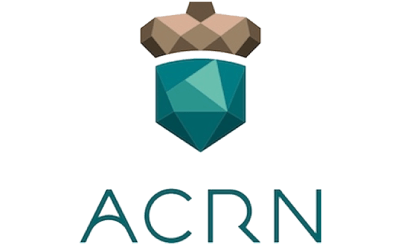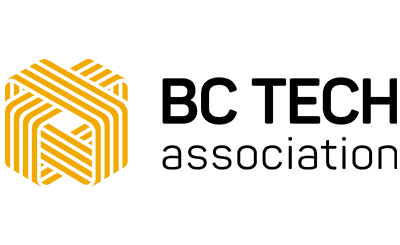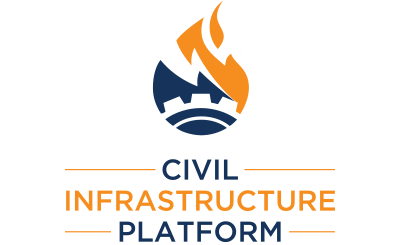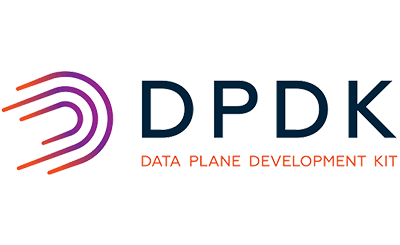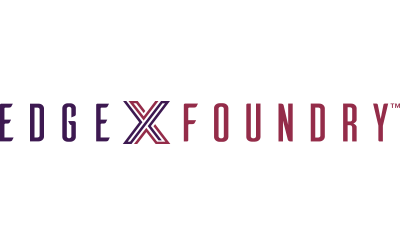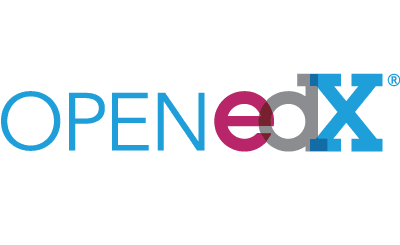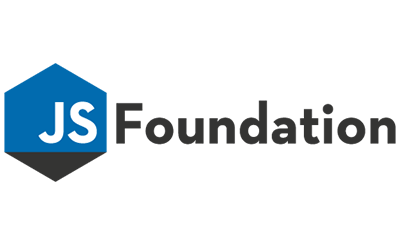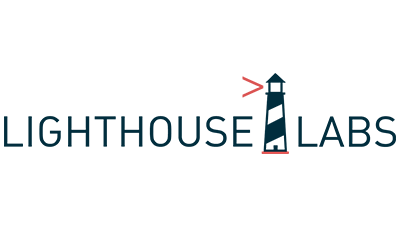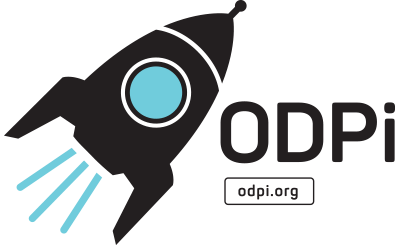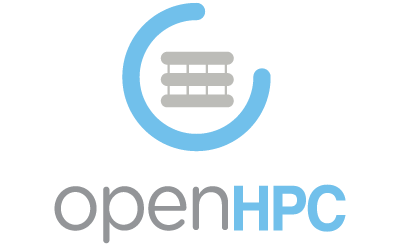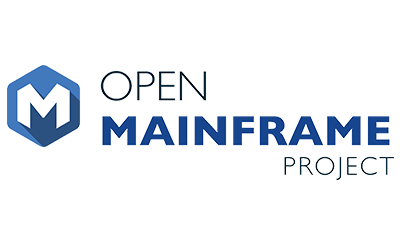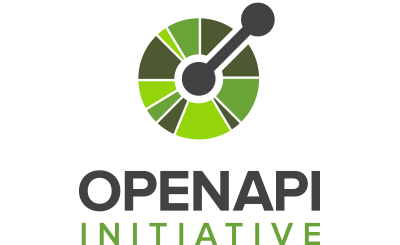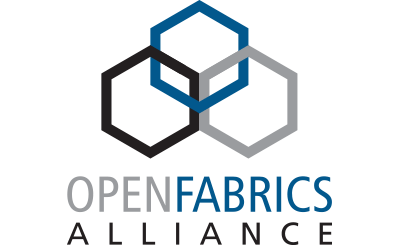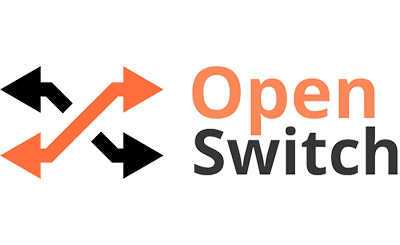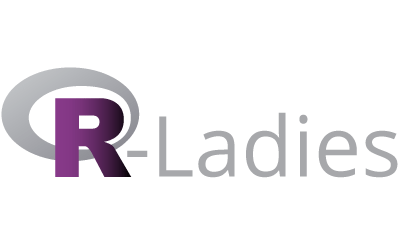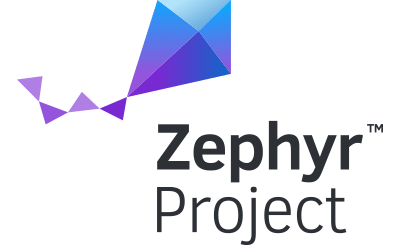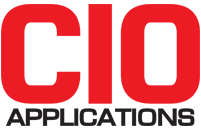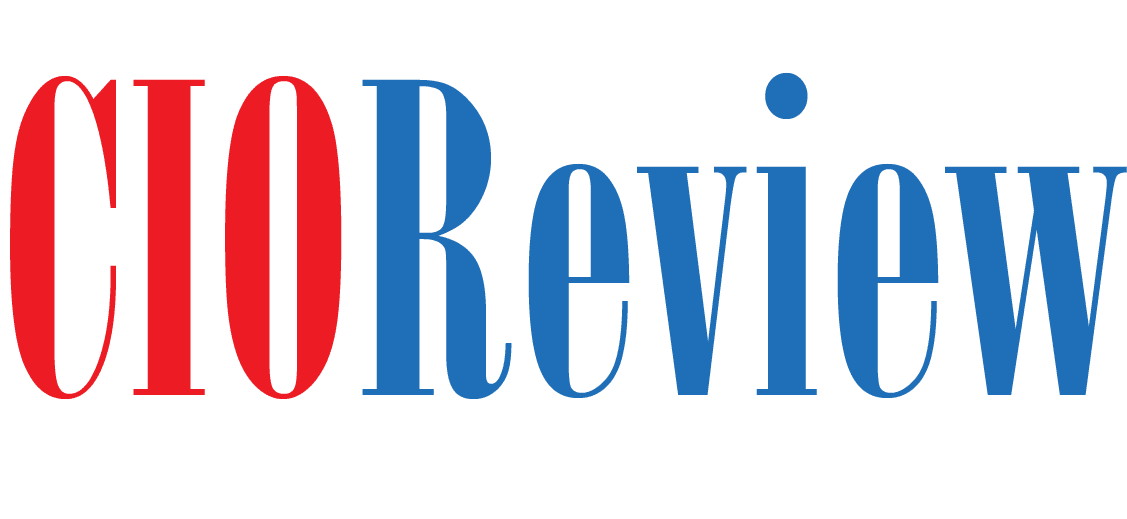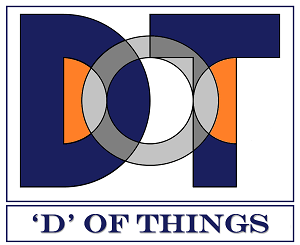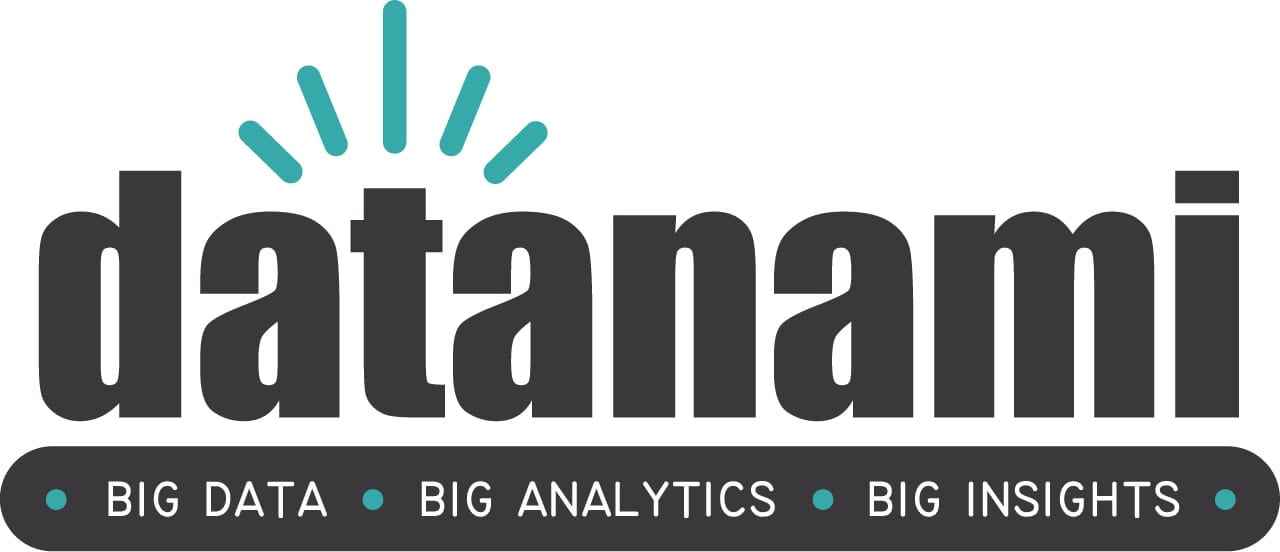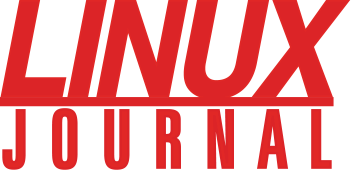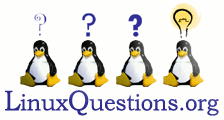August 29-31, 2018 | Vancouver Convention Centre
Co-Located Events
Open Source Summit 2018 features numerous co-located events offering attendees additional opportunities for learning and collaboration. This year’s confirmed co-located events include:
- Linux Security Summit (LSS) North America
- Cloud & Container Apprentice Linux Engineer Tutorials
- mountpoint 2018
- Cloud-native Network Functions (CNF) Seminar
- LFCS & Linux on Azure Training Courses
- CHAOSScon North America
- LF Deep Learning Workshop
- OpenChain Mini Summit
- Egeria Open Metadata & Governance Workshop
- OpenAPI Workshop
- OpenHPC Workshop
- Clear Linux Shoptalk
Linux Security Summit (LSS) North America
Date: August 27 – 28, 2018
Time: 9:00am – 5:00pm
Location: Vancouver Convention Centre – West Building
Learning Focus: Analyzing and solving Linux security challenges
Designed For: Linux developers, researchers, and end users
Registration Costs: $100USD; Add the Linux Security Summit to your existing Open Source Summit registration here.
The Linux Security Summit (LSS) is a technical forum for collaboration between Linux developers, researchers, and end users. Its primary aim is to foster community efforts in analyzing and solving Linux security challenges.
Cloud & Container Apprentice Linux Engineer Tutorials
Learning Focus: Hands-on learning for Linux and Open Source based Cloud & Container Apprentice Engineers
Designed For: New to Linux Engineers
Registration Cost: No fee to attend
Sessions are capped at 50 attendees. Get there early to save your seat!
Are you new to using Linux and open source based cloud & container technologies? Then this track of tutorials is for you! A series of 90-minute hands-on tutorials concurrent with the main schedule. Prospective apprentice engineers can take as many courses as they want, but classes are limited to 50 students. Each course contains a 30-minute presentation and 60 minutes of guided hands-on experience. Apprentices learn valuable skills from professional trainers in a hands-on environment. Trainers have an opportunity to demonstrate their training skills. Additional registration required and seating will be on a first-come first-serve basis.
Wednesday, August 29
11:10am – VM/Container/Cloud Overview (History and Differentiation Talk) – Phil Hopkins, The Linux Foundation
2:10pm – Xen: The Way of the Panda – Lars Kurth, The Xen Project
4:00pm – KVM: Kernels within Kernels – Lee Elston, The Linux Foundation
Thursday, August 30
11:00am – Getting Started with LXD and System Containers – Stéphane Graber & Christian Brauner, Canonical Ltd.
2:00pm – Docker: Riding the Whale – Speaker to be Announced
4:00pm – Kubernetes: Who’s Driving Your Whale? – Ihor Dvoretskyi, Cloud Native Computing Foundation
Friday, August 31
11:00am – Software Defined Networking and You – Timothy Serewicz, The Linux Foundation
4:00pm – Cloud Foundry Applications – Tim Harris, Cloud Foundry Foundation
mountpoint 2018
Date: Monday, August 27 – Tuesday, August 28
Time: 9:00 am – 5:00 pm daily
Location: Room 109/110 at the Vancouver Convention Centre – West Building
Learning Focus: SDS
Designed For: Ceph and Gluster communities, SDS experts, and partners
Registration Costs: $25USD – Pre-registration Required
Software-defined Storage (SDS) is changing the traditional way we think of storage. Decoupling software from hardware allows you to choose your hardware vendors and provides enterprises with more flexibility. mountpoint 2018 unites the Ceph and Gluster communities, SDS experts, and partners to bring you an exciting two-day event. Help lead the conversation on open source software-defined storage and share your knowledge.
Why Attend?
- Learn about the latest trends in SDS and open source technologies
- Talk with leading experts to learn how to start, implement, and scale your SDS environment
- Network with peers on best practices and case studies
- Hear from other community members and contributors on what workloads they are using for SDS
- Learn to how to overcome the pitfalls of SDS
- Gain a competitive advantage by learning about the latest trends of SDS
Cloud-native Network Functions (CNF) Seminar
Date: August 28, 2018
Time: 1:30 – 4:30pm
Learned Focus: Telcos are engaging on how their Virtual Network Functions (VNFs) could evolve into Cloud-native Network Functions (CNFs) running on Kubernetes.
Designed for: Cloud Architects, Network Architects, and Developers
Registration Cost: There is no charge for the seminar but it is capacity controlled. If you attend, please be willing to speak up.
Two of the fastest-growing Linux Foundation projects – ONAP (part of LF Networking) and Kubernetes (part of CNCF) – are coming together in the next generation telecom architecture.
Telcos are engaging on how their Virtual Network Functions (VNFs) could evolve into Cloud-native Network Functions (CNFs) running on Kubernetes. This interactive seminar will be co-moderated by LF Networking GM Arpit Joshipura and Cloud Native Computing Foundation executive director Dan Kohn. Among topics we plan to discuss:
- Differences and similarities: networking & cloud native terminologies explained side by side.
- Deeper dive into Telecom Services: Migrating & Automating Network Functions to Virtual Networking Functions to Cloud-native Network Functions (CNF)
- Overview of Sub-Projects focusing on this migration, including Cross-Cloud CI, ONAP/OVP, FD.io/VPP etc.
- What is the role for a service mesh like Envoy, Istio, or Linkerd in connecting together CNFs with load balancing, canary deployments, policy enforcement, and more.
- What is involved in telcos adopting modern continuous integration/ continuous deployment (CI/CD) tools to be able to rapidly innovate and improve their CNFs while retaining confidence in the reliability.
- What are the differing security needs of trusted (open source and vendor-provided) code vs. running untrusted code. What’s the role for security isolation technologies like gVisor or Kata?
- How does CNI fit in? How does VPP/Ligato fit in?
- What are the requirements on the underlying OS?
- What are strengths and weaknesses of different network architectures such as multi-interface pods and Network Service Mesh?
- What is the status of IPv6 and dual-stack support in K8s?
LFCS & Linux on Azure Training Courses (presented by ITGilde and The Linux Foundation)
Date: Wednesday, August 29 & Thursday, August 30
Times:
Wednesday, August 29
Module 1 Part 1: 11:00 am – 12:30 pm
Module 1 Part 2: 1:15 – 2:45 pm
Module 2 – 3:00 – 6:00 pm
Thursday, August 30
Module 3 Part 1: 11:00 am – 12:30 pm
Module 3 Part 2: 1:15 – 2:45 pm
Module 4 – 3:00 – 6:00 pm
Location: Rooms 205/206 & 208/209 at Vancouver Convention Centre West
Registration Costs:
Individual Modules: $89 each
Four Modules: $299
The Linux Foundation training partner, ITGilde, is hosting 2 parallel training tracks during Open Source Summit.
To allow you to spend your time efficiently, we have organized the tracks in four modules. You can register for individual modules or register for 4 modules (see pricing above). You don’t have to take all modules in the same track. Modules 1 and 2 of each track will be hosted on Wednesday, August 29. Modules 3 and 4 of each track will be hosted on Thursday, August 30.
All modules are bring-your-own-laptop. After registration, you will receive additional information on how to set p your laptop to attend these classes.
The training courses are led by Sander van Vugt and Frederik Vos. Sander is a best-selling author of more than 60 books and 25 video courses about Linux. Frederik is working on his first book about managing Linux in Azure environments.
LFCS Track (Linux Foundation Certified System Administrator Track) – delivered by Sander van Vugt
The LFCS track (Linux Foundation Certified System Administrator Track) prepares you for the LFCS exam in just 2 days.
Wednesday – August 29
Module 1 (AM): Getting Started with Linux and LFCS
This module addresses novice Linux users who would like guidance in getting started with Linux and LFCS.
Topics Covered:
- Installing Linux
- Using Essential Commands
- The Linux File System Hierarchy and using Mounts
Module 2 (PM): Advanced LFCS Topics, Part 1
In this module, advanced LFCS topics will be discussed, including user and permission management.
Topics Covered:
- User Management
- Permission Management
- The Linux Boot Procedure
- Linux Networking
Thursday – August 30
Module 3 (AM): Advanced LFCS Topics, Part 2
In this module, advanced LFCS topics will be discussed, including storage management (partitions, LVM, RAID)
Topics Covered:
- Managing disk partitions
- Working with LVM storage
- Managing encrypted storage
- Working with RAID devices
Module 4 (PM): Sample LFCS Exam
In this module, you’ll work through a sample exam and the exam questions/solutions will be discussed.
Linux on Azure Track – delivered by Frederik Vos
The Linux on Azure Track prepares you for managing LInux on Azure, with a heavy focus on Linux-specifics of managing Azure cloud.
Wednesday – August 29
Module 1 (AM): Getting Started with Azure
In this module, you will learn how to set up an Azure account, work with Azure shell, and deploy your first instances on Azure.
Topics Covered:
- Setting up an Azure account
- Azure Architecture
- Access to Azure with command-line interfaces
Module 2 (PM): Using Containers in Azure
This module introduces Docker and explains how Azure can be used to deploy and manage Docker containers.
Topics Covered:
- Introduction to container virtualization and microservices
- Docker Basics
- Docker Tooling
- Kubernetes Basics
- Azure Kubernetes Services
- Azure Container Registry
Thursday – August 30
Module 3 (AM): Using Configuration Management in an Azure Environment
In this module, you will learn how to use Ansible configuration management in an Azure environment to manage Linux and other cloud resources in Azure.
Topics Covered:
- Introduction to Configuration management and Ansible
- Managing the inventory
- Writing Ansible playbooks
- Using Ansible roles
- Ansible and Azure Integration
Module 4 (PM): Troubleshooting Linux in Azure
In this module, you’ll learn how to use Linux and Azure tools to troubleshoot Linux in an Azure environment.
Topics Covered:
- Logging in Linux
- Log management in Azure
- Linux troubleshooting: boot process
- Linux troubleshooting: acces
- Support + troubleshooting settings
- Using the troubleshoot blade
- Azure advisor
About the Authors
Sander van Vugt is an authorized Linux Foundation instructor, as well as an author for Pearson Education. He has authored best-selling video courses, such as Red Hat Systems Administration (RHCSA) with virtual machines, Linux Foundation Certified System Administrator (LFCS) and Getting Started with Kubernetes LiveLessons.
Frederik Vos is an authorized Linux Foundation instructor, as well as an author for Packt publishing. He is currently working on a book about managing Linux on Azure, and he is specialized in Virtualization.
About ITGilde
ITGilde is a Linux Foundation training partner in EMEA, with a total of six certified Linux Foundation instructors that have delivered courses around the world. ITGilde also develops courseware for Linux Foundation, such as the LFS 305 course.
CHAOSScon North America 2018
Date: Tuesday, August 28
Time: 8:30 am – 5:30 pm
Location: University of British Columbia
Registration Costs: Complimentary; Pre-registration required
Meet the CHAOSS community. Learn about metrics and tools used by several open source projects, communities, and engineering teams to track and analyze their development activities, communities health, diversity, risk, and value.
This conference will show CHAOSS updates, use cases, and hands-on workshops for developers, community managers, project managers, and anyone interested in measuring open source project health.
Specific CHAOSS software highlighted will be GrimoireLab and Augur with their respective updates and demos.
We will also share insights from the CHAOSS workgroups on Diversity and Inclusion, Growth-Maturity-Decline, Risk, and Value that branched out from the CHAOSS metrics work.
CHAOSSCon NA will be at University of British Columbia, Vancouver, on Tuesday, August 28, 2018
More information and schedule are available: https://chaoss.community/chaosscon-2018-na/
LF Deep Learning Workshop
Date: Tuesday, August 28
Time: 9:00 am – 12:00 pm
Location: Room 205, Vancouver Convention Centre West
Registration Costs: Complimentary; Pre-registration required
Please join us for a half-day workshop to learn more about how the Linux Foundation’s Deep Learning Foundation is supporting open source innovation in Artificial Intelligence, Machine Learning, and Deep Learning.
Agenda:
– Scope review of Acumos AI project
– AI Full Stack Overview
– New Project Overview
– How to get involved
Please note: You may still add this event to your registration but you will be placed on a waitlist. We will notify you if a spot opens up.
OpenChain Mini Summit
Date: Tuesday, August 28
Time: 1:00 – 5:00 pm
Location: Room 205, Vancouver Convention Centre West
Registration Costs: Complimentary; Pre-registration required
The OpenChain Project will host an open source license compliance workshop adjacent to Open Source Summit. The workshop will feature new compliance reference material, new training material and new case studies. We will have interactive panels and plenty of networking to ensure an excellent opportunity to get the latest and most useful information about compliance. The workshop is open to everyone and is free of charge.
Egeria Open Metadata & Governance Workshop
Date: Tuesday, August 28
Time: 9:30 am – 5:30 pm
Location: Room 208/209, Vancouver Convention Centre West
Registration Costs: Complimentary; Pre-registration required
Egeria is a new project from the ODPi that supports the free flow of metadata between different technologies and vendor offerings, enabling organizations to locate, manage and use their data more effectively. It is built on open standards and delivered open source (Apache 2.0 licensed). Come to our all day workshop to find out more. We begin the day with an overview of the goals of the project, then demos and a deep dive into the code. We end the day with a meet the experts social event with beer, pizzas and posters from participants.
Attendance is free to conference registrants and you can drop-in for specific sessions or stay all day. If you have a poster describing an interesting metadata challenge, project or technology you are working on, there will be space to display it at the social event.
Below is the detailed agenda:
- 09:30-10:30 What is open metadata and why do we need it
- 10:30-11:00 Demo of Egeria and Apache Atlas
- 11:00-11:30 Break
- 11:30-13:00 Deep dive into the Egeria code
- 13:00-14:00 Lunch
- 14:00-15:30 Egeria roadmap and brainstorm meeting
- 15:30-16:00 Summary, readout and next steps
- 18:00-19:30 Meet the experts social (beer, pizza, posters, demos, whiteboards)
OpenAPI Workshop
Date: Tuesday, August 28
Time: 1:00 – 5:00 pm
Location: Room 206, Vancouver Convention Centre West
Registration Costs: Complimentary; Pre-registration required
Please join us in a hands-on workshop on OpenAPI at Open Source Summit. Attendance is free to conference registrants and you can drop-in for specific sessions or stay all day. Be sure to bring your own laptop to participate.
Agenda:
- 1:00 – 1:40 pm: OpenAPI Specification Technical Overview/Workshop
- Informative session talking about how great OpenAPI is, what it is, who is using it, what you can do with it, and some demos of OpenAPI in action.
- 1:40 – 3:10 pm: OpenAPI Tutorial Part 1
- Hands-on training session introducing essential capabilities of OpenAPI and its most commonly used features
- 3:10 – 5:00 pm: OpenAPI Tutorial Part 2
- Hands-on training session with more advanced features and 3.0 specific features, suitable for developers who already know v2 and want to know what’s new in the current version. Ends with a preview of future release targeted for September 218.
Please note: You may still add this event to your registration but you will be placed on a waitlist. We will notify you if a spot opens up.
OpenHPC Workshop
Date: Tuesday, August 28
Time: 9:00 am – 12:00 pm
Location: Room 206, Vancouver Convention Centre West
Registration Costs: Complimentary; Pre-registration required
Get your own distributed computing cluster up and running with OpenHPC — the community driven software stack for High Performance Computing (HPC). Before you get into AI, bigdata, or modeling you need a base layer of HPC. Learn from OpenHPC Technical Steering Committee member and project maintainer Reese Baird on how to get OpenHPC up and running. Participants will get a hands experience installing a bare metal instance of OpenHPC on clustered Intel NUCs to see how easy it is to get started.
Reese Baird, systems engineer at Intel for the past five years, previously worked for over a decade as a scientist and systems engineer at Los Alamos National Laboratory and Lawrence Berkeley National Laboratory. He graduated from University of Texas, Austin with a degree in computer science.
Please note: You may still add this event to your registration but you will be placed on a waitlist. We will notify you if a spot opens up.
Clear Linux Shoptalk with Matthew Johnson
Presented by
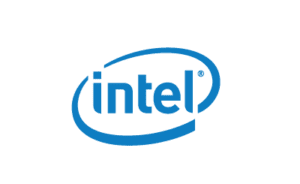
The Clear Linux* Project is a distribution built for cloud, client, and IoT use cases. We want to showcase the best of Intel architecture technology and performance, from low-level kernel features to complex applications that span across the entire OS stack. We’re putting emphasis on Power and Performance optimizations throughout the operating system as a whole.
In this shoptalk, Matthew will go into an architecture deep-dive on the major features of Clear Linux and what makes it a modern OS.
You will have an opportunity for deep technical Q&A’s. We also will have a Clear Linux system for show-and-tell.
Workshop Presentation Schedule
Thursday, August 30
11:00 am – 12:00 pm and 2:00 pm – 3:00 pm
Friday, August 31
11:00 am – 12:00 pm
Location: Room 210, Vancouver Convention Centre West
Registration Costs: Complimentary; Pre-registration required
Host a Co-located Event
If you are interested in holding a meeting or workshop alongside Open Source Summit 2018, please fill out the form below to provide us the details of your event, and we will be in touch shortly with information and availability.


